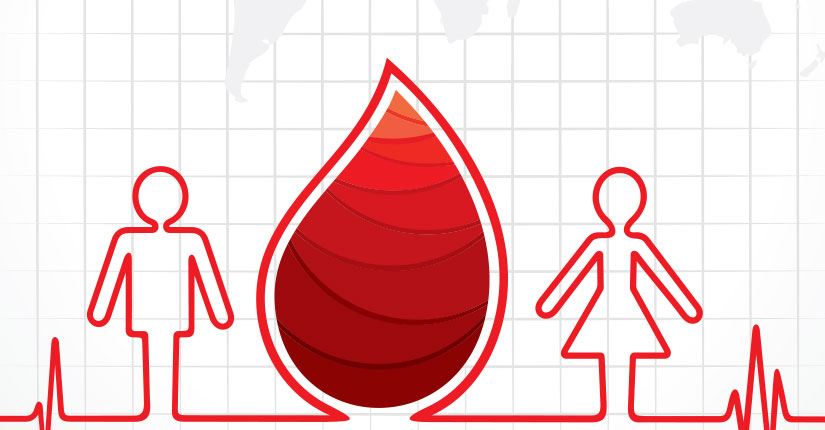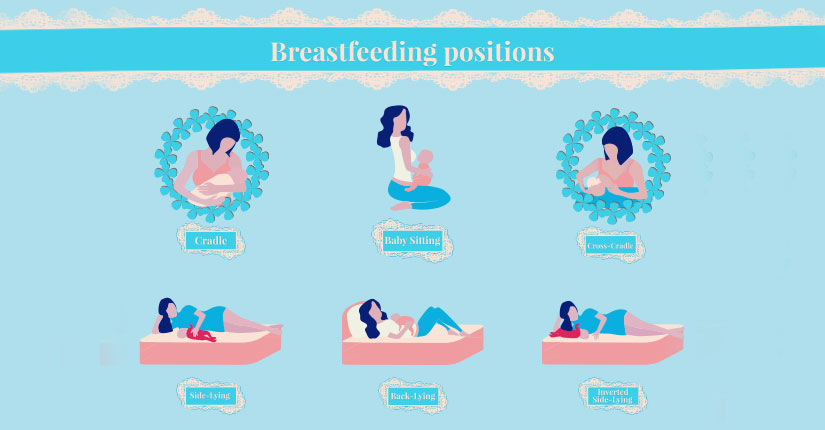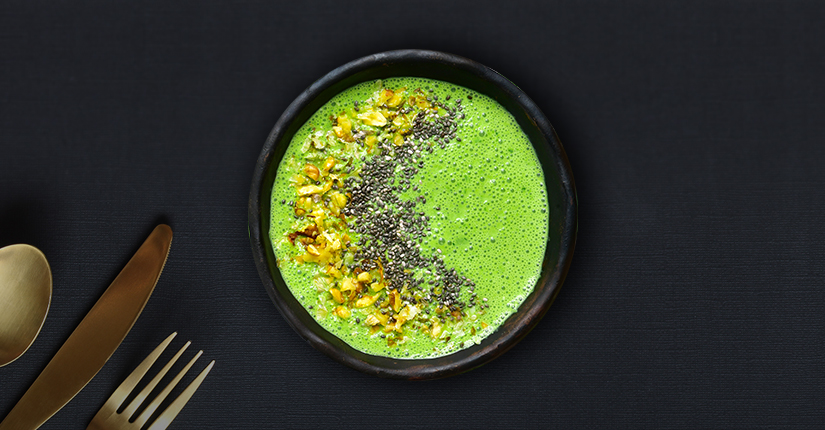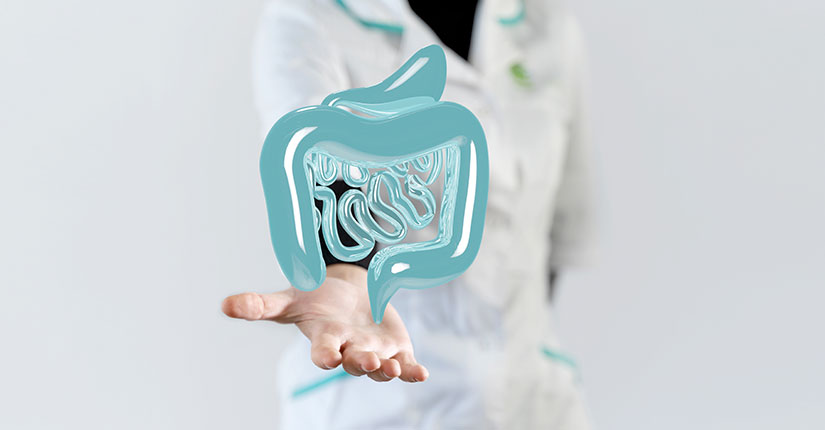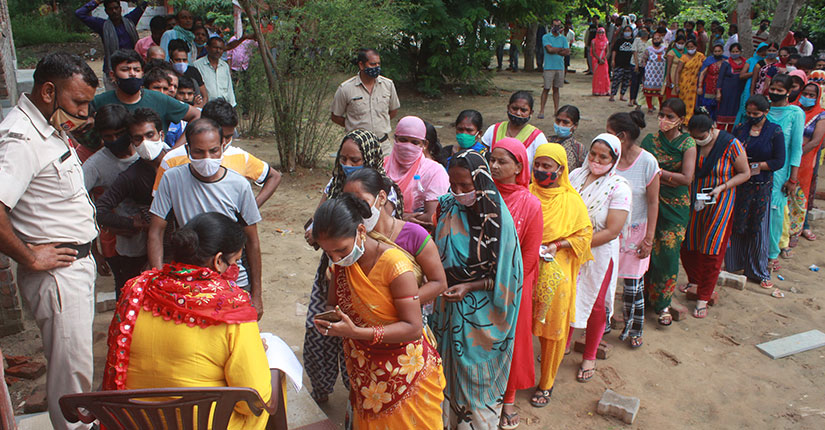Things to Keep in Mind Before and After Blood Donation
By Nmami Agarwal 14-Jun 2020 Reading Time: 4 Mins
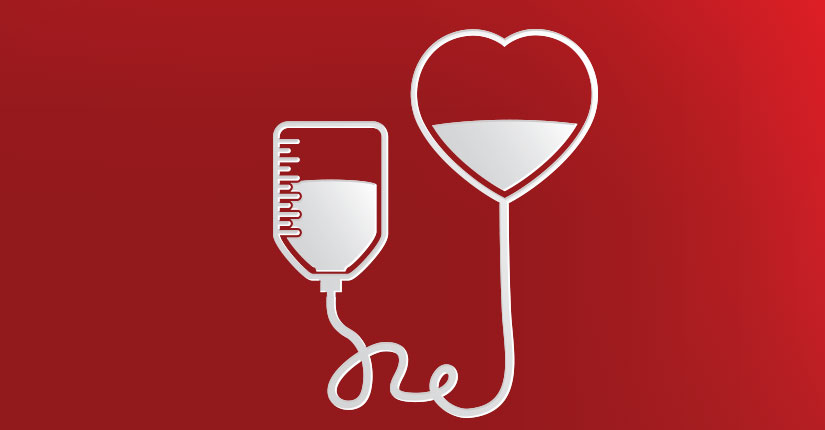
Donating blood is a noble and kind act. Blood is one of the most essential components, assisting in the efficient functioning of the body. Blood transfusion is required to help several people who are in dire need of blood. If a decent amount of people donate blood regularly, thousands of lives can be saved. This is the reason why blood donation drives are held from time to time so that blood can be collected from as many people as possible.
There are enough reasons for you to donate blood if you are capable of doing it. If you get the opportunity to save lives, would you throw it away? Donating blood is the opportunity to save lives. It is more like a duty rather than a charity. But there are certain things you need to keep in mind when you choose to donate blood.
After donating blood, some people face nausea, fatigue, dizziness or anemia. This feeling is often temporary and goes after you lie down for a while. Bleeding at the site of the needle is also seen in some cases. To prevent the risk of any complications, there are a set of things you should follow before and after donating blood.
Before blood donation
- Consume iron-rich food to maintain a healthy level of iron. Foods such as spinach, eggs, fish, poultry, beans, red meat, and iron-rich cereals.
- Avoid fatty foods and alcohol before donating blood.
- Get a good sleep one day before the donation.
- If you are donating platelets, avoid taking aspirin two days prior to the donation.
- Drink 16 ounces or 2 cups of water or any other non-alcoholic fluids.
- Carry your photo ID proof.
- If you are on any medication, take that list with you.
- Eat a healthy and balanced meal.
After blood donation
- Make sure you eat some food right after the donation and avoid skipping any meals.
- Drink plenty of water and other fluids for the next 2 to 3 days. Avoid alcohol.
- Refrain from doing any physical activity for at least 24 hours after the donation.
- If you start bleeding from the site, apply pressure and raise your arm straight till the bleeding stops.
- Do not remove the bandage.
- If you feel lightheaded or experience dizziness, lie down with your feet up for a while.
- Continue eating iron-rich food.
- Call your blood donation center if you continue to feel dizzy after resting and eating, feel any unusual pain or notice a bump at the site, experience fever, headache or sore throat.
Footnote
Remember that the donor must be between 18 to 65 years of age and should weigh a minimum of 50 kgs. You cannot donate blood if you have HIV AIDS, Hepatitis B or C. If you are pregnant, you cannot donate blood either.

